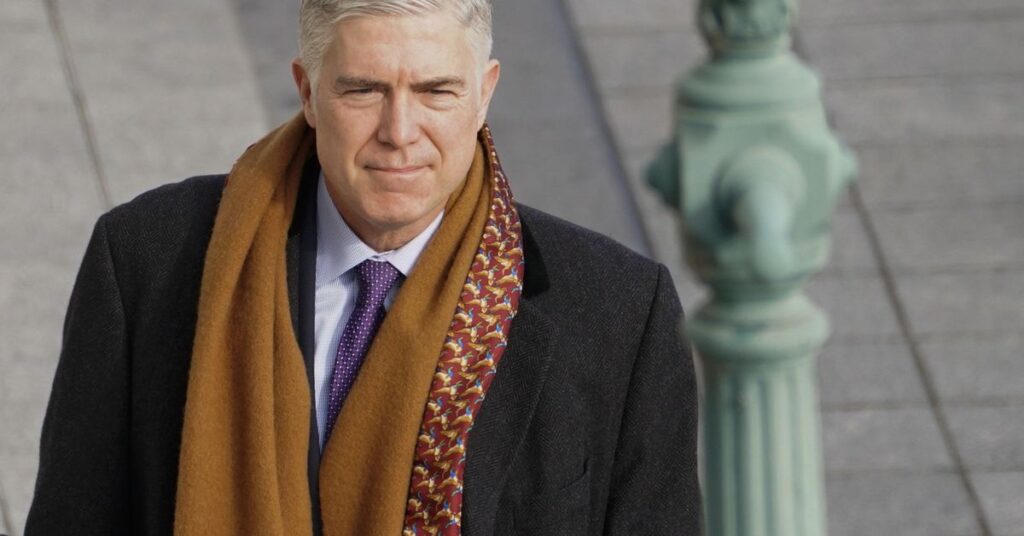Can the judiciary appoint a special prosecutor to try someone that the Department of Justice refuses to prosecute? That’s the central question in Donziger v. United States, a case that the Supreme Court announced it will not hear on Monday.
That announcement leaves in place an appeals court decision, which effectively lets the courts decide to prosecute someone of their own accord, at least under certain circumstances. The Supreme Court made this announcement, however, over the objections of two justices — one of whom, Justice Neil Gorsuch, argues in a dissenting opinion that “the prosecution in this case broke a basic constitutional promise essential to our liberty.”
He’s got a point. Especially in an era where litigants with an axe to grind can choose which judge will hear their case, permitting the judiciary to decide who to prosecute — and then to hear the very same cases brought by its own court-appointed prosecutors — vests far too much power in unelected judges. If courts have this authority, it is likely to be abused by some of the most partisan judges in the country.
The Donziger case itself involves Steven Donziger, a New York attorney who, according to a federal court, defied several court orders. Eventually, the court referred Donziger to the US Attorney’s Office in Manhattan for prosecution, which “respectfully decline[d]” to bring charges against Donziger “on the ground that the matter would require resources that we do not readily have available.”
The court then invoked a federal criminal procedural rule, known as Rule 42, which empowers the court to “appoint another attorney to prosecute” an individual for criminal contempt of court when the Justice Department refuses to bring such a prosecution. Donziger was eventually convicted and sentenced to six months in prison.
But, as Gorsuch argues in his Donziger opinion, this prosecution raises grave constitutional questions. Typically, to convict someone of a federal…
Read the full article here





